On May 23, 2024, there was a terrible accident at work in Thane, Maharashtra, India. A huge explosion destroyed Amudan Chemicals, a plant that made food colours, killing many and damaging many more. This is a comprehensive look at the event, its effects, and the ongoing probes.
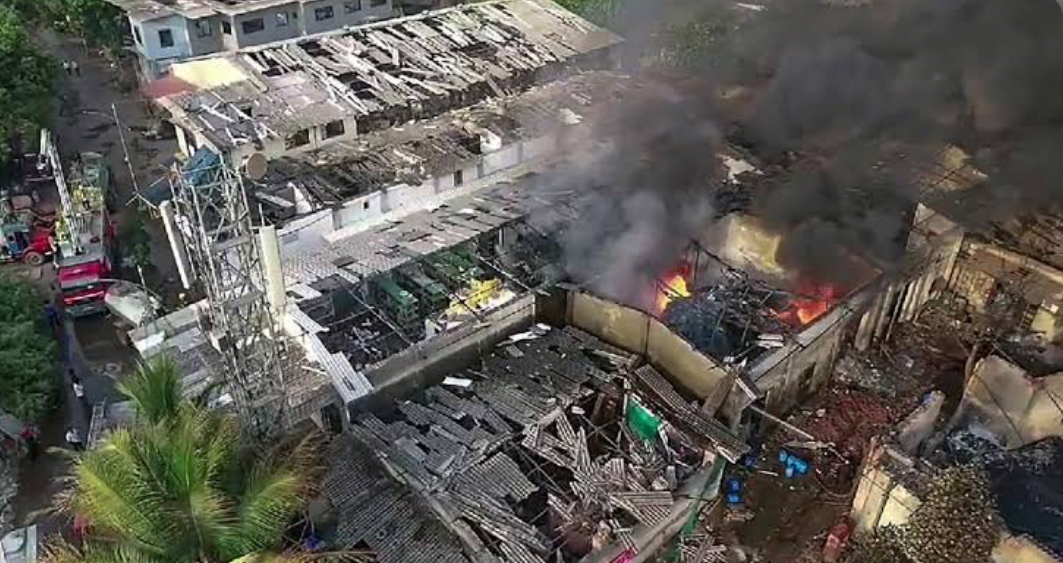
The explosion and the events following it
At about 1:40 PM, a boiler blast shook the Dombivli MIDC (Maharashtra Industrial Development Corporation) area where Amudan Chemicals is located. The blast was so powerful that it made a big hole in the ground and broke windows in houses nearby. The explosion caused significant damage to nearby workplaces and homes. The explosion ignited a fire that burned for hours, requiring more than 15 fire trucks to extinguish.
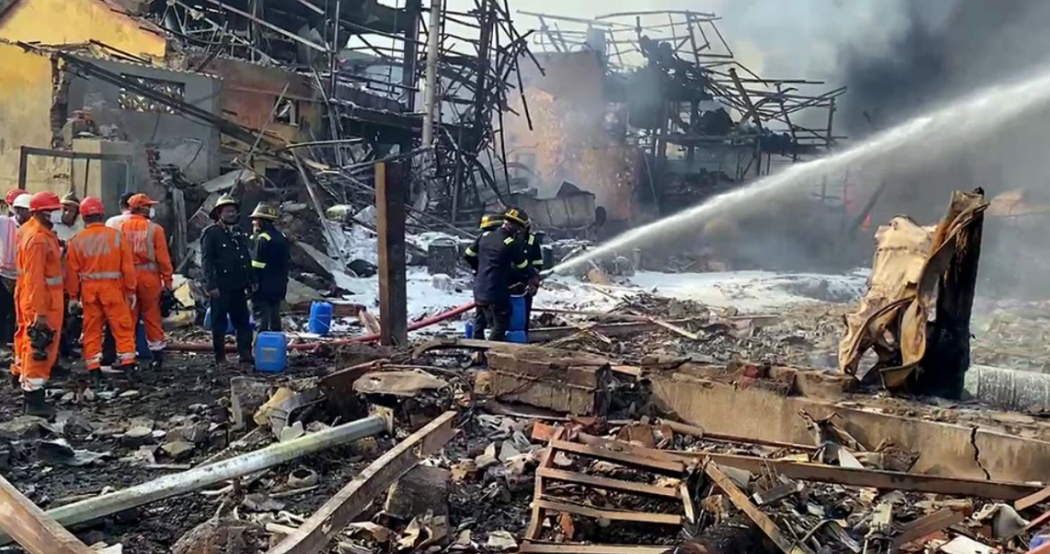
The tragedy claimed the lives of many people. Initially, reports indicated more than 10 deaths, but the number increased to eleven as more bodies emerged from the wreckage. Different hospitals treated over 64 injured people.
Eyewitness accounts and the Damage Trail provide valuable insights
The loud explosion sent shockwaves across the area, audible more than a kilometer away. The fire's smoke filled the area with a strong smell of burned chemicals. A hit occurred at a nearby Sai Temple, nearly injuring worshippers.
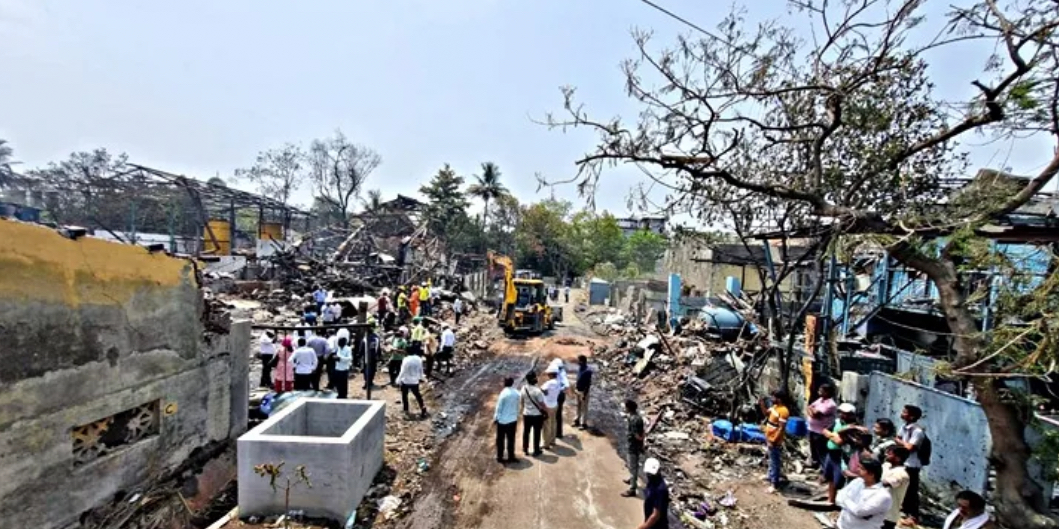
The explosion caused extensive damage. Broken buildings, twisted metal beams, and the heavy smell of death filled the Amudan plant, making it look like a war zone. The blast blew off factory roofs and mangled heavy equipment in nearby plants. Even nearby homes suffered damage from the blast, with windows shattering and walls shifting.
The cause of the explosion and the factory practices have been identified
A search for the cause of the explosion is still going on. However, the first stories say that a problem with the boiler was what started it. According to the National Disaster Response Force (NDRF), Amudan Chemicals used peroxides, which are very volatile chemicals that can explode violently in certain situations.
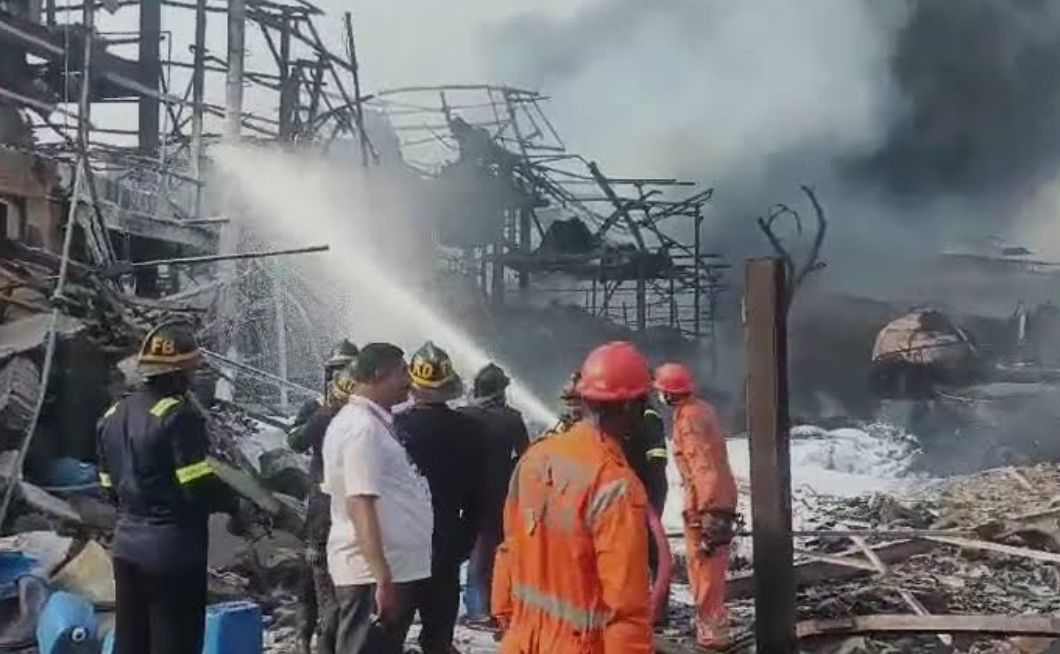
Further investigation revealed that the boiler in question did not have a registration under the India Boiler Regulations, 1950. This made people worry that the plant wasn't following safety rules very closely.
Government Response and Promised Action
The Maharashtra government responded swiftly to the disaster. Chief Minister Eknath Shinde visited the site and announced a compensation of Rs. 5 lakh each to the families of the deceased. The government also pledged to bear the medical expenses of the injured.

Shinde announced a crucial decision: categorising industries based on the risks they pose. The red category, representing the most hazardous units, would face immediate closure across the state. He offered these units the option to relocate or shift production to a less risky category.

The Chief Minister stressed his commitment to public safety, vowing to hold those responsible accountable. He instructed the registration of a case of culpable homicide against the factory owners.
Potential Culprits and the Police Investigation
With no delay, the Thane Police started a criminal probe. The plant owners, Malti and Malay Mehta, faced charges under various sections of the Indian Penal Code (IPC) for culpable homicide, negligence, and handling explosive substances. The review encompassed the directors and administrators of the company, scrutinizing their potential actions to ensure adherence to safety regulations.
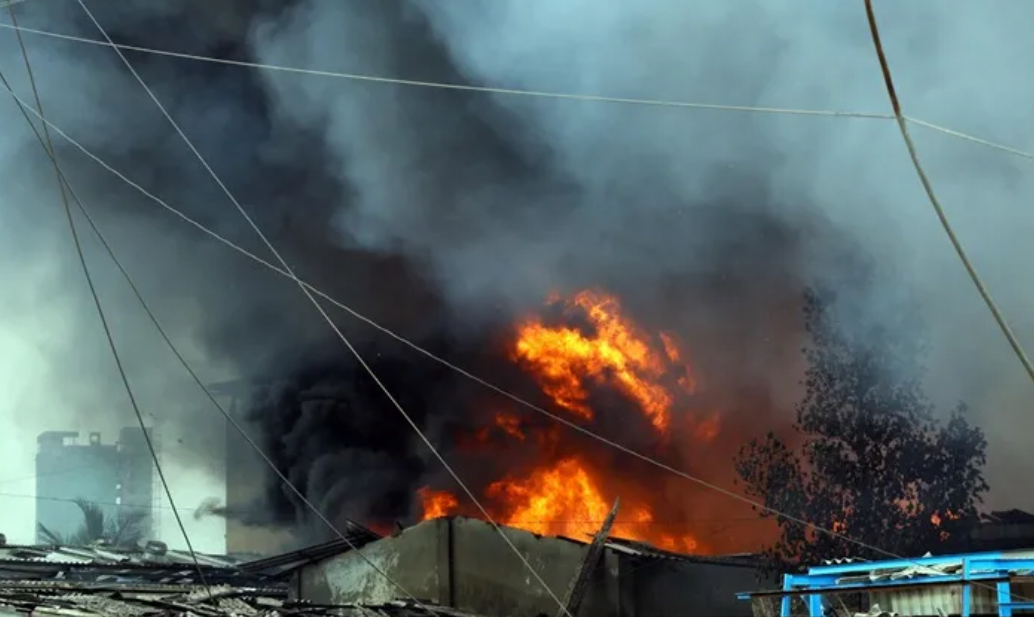
Additionally, the cops planned to look into the government officials who were in charge of giving permission and inspecting the factory. The goal of this thorough investigation was to find and hold responsible everyone who may have played a part in the disaster, from those directly managing the factory to those oversaw by the government.
Persistent worries and questions
The Thane plant explosion raised some very important questions. Did Amudan Chemicals have a habit of breaking safety regulations?Was the government not paying attention to possible dangers? If rules and laws were tighter, might the tragedy not have happened?
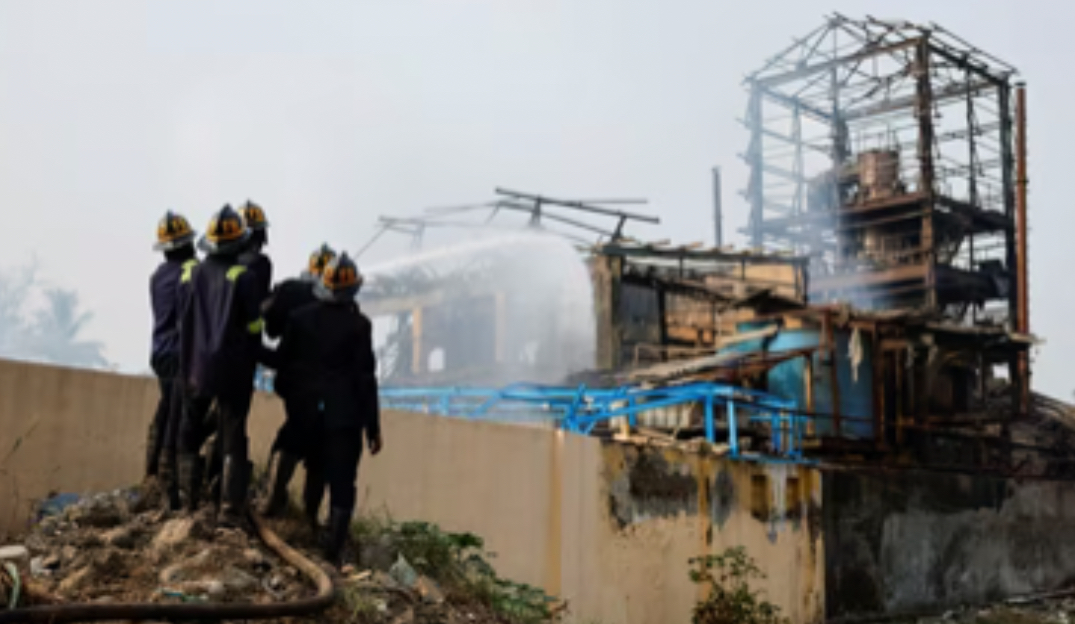
Furthermore, the event shows how dangerous it can be when industrial units are close to household areas. The blast, which occurred outside the plant walls, damaged residents' homes and put their lives in danger. This prompts me to contemplate the necessity for more stringent zoning regulations to ensure a secure gap between hazardous enterprises and civilians.
We need to study safety, accountability, and industrial regulation
The Thane chemical factory explosion is a clear example of how important it is to put safety first at work. This is a good sign that the government plans to put businesses into groups based on risk and shut down units that are too dangerous. Ensuring strict adherence to safety rules is crucial to prevent similar disasters from reoccurring.
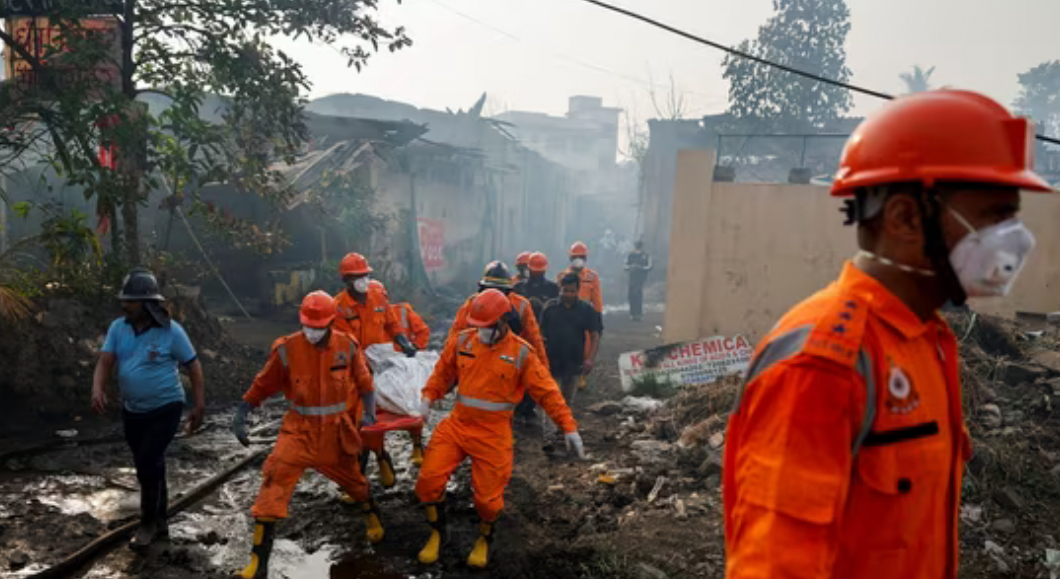
There needs to be a thorough and open investigation into what happened in the factory, as well as on the part of government officials. Holding someone responsible will not only bring justice to the victims, but it will also send a strong message that breaking safety rules is not acceptable.
The events underscore the need for a closer examination of India's labour laws. This study should include stronger safety regulations for handling dangerous chemicals, the requirement to register and inspect boilers, and robust methods to ensure adherence to rules.
Image Source: Multiple Agencies
Inputs from Agencies
© Copyright 2024. All Rights Reserved Powered by Vygr Media.





















